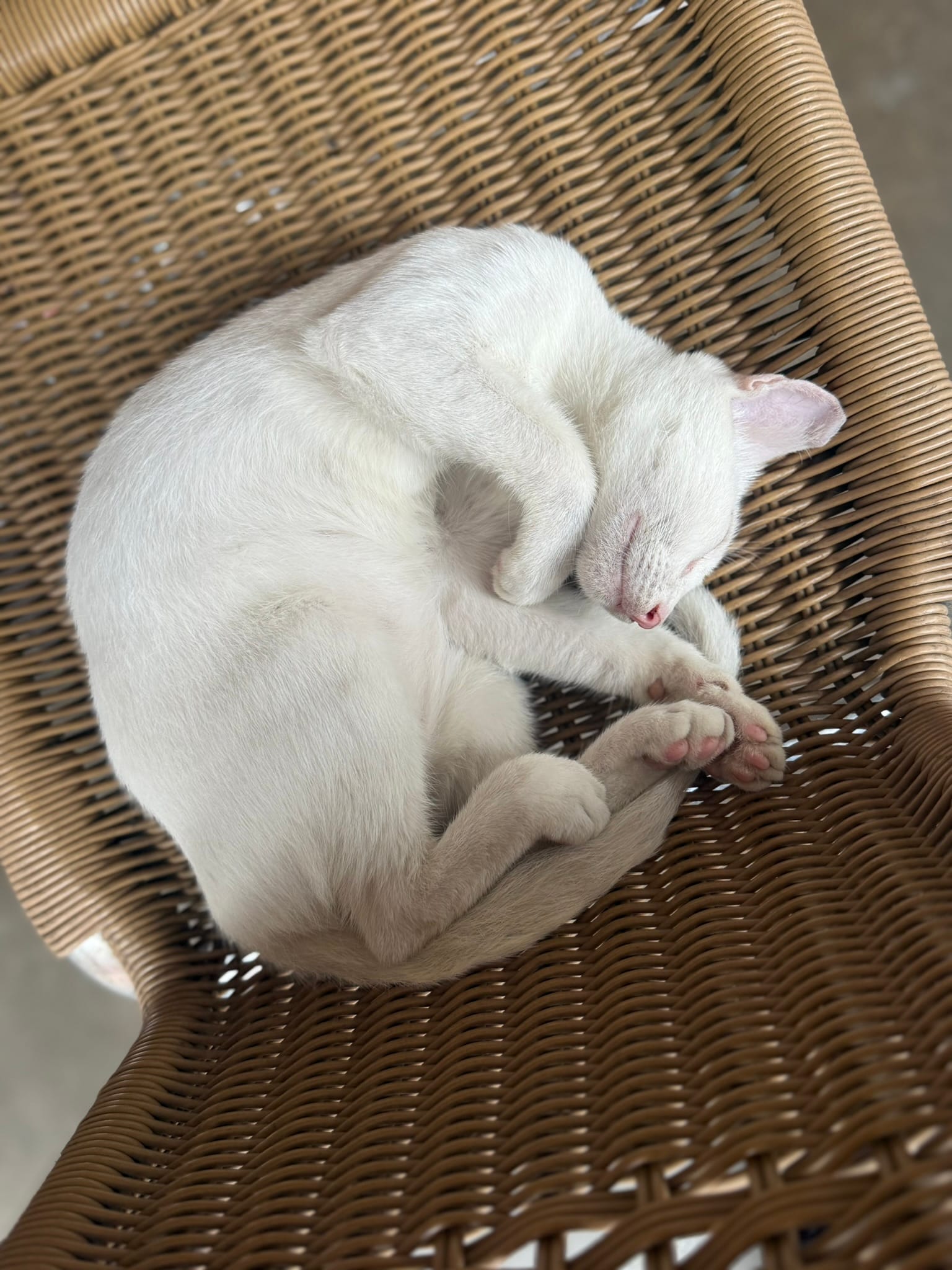The first sitting of the 15th Parliament of Singapore is set for 5 September, and will kick off with the swearing-in of MPs and the election of the Speaker of Parliament.
(1)
Interest in and solidarity for Palestine is at a high in Singapore. I finished Walid Jumblatt Abdullah’s highly accessible Why Palestine?: Reflections from Singapore while on the plane to Manila a couple of weeks ago, in which he wrote about how the vicious bombardment of Gaza has prompted Singaporeans to pay more attention to Palestine than ever before. This week, Australia’s ABC News ran a feature on Singaporean support for Palestinians, particularly through the efforts of Gilbert Goh and Love Aid Singapore, which has raised millions to fund soup kitchens and even a polyclinic.
The Singapore government has voiced more disapproval for Israel’s actions recently. At the end of last month, Prime Minister Lawrence Wong slammed Israel’s restrictions on humanitarian aid to Gaza: “In our opinion, it may even be a likely breach of international humanitarian law. So it cannot be justified.” Faishal Ibrahim, the acting minister-in-charge of Muslim affairs, also expressed the view that Israel is committing war crimes in Gaza. But while the Singaporean state has delivered multiple tranches of humanitarian aid to Gaza, activists continue to urge the government to officially recognise the state of Palestine (rather than just saying that we’re prepared to do so at some point in the future) and do more to ensure we’re not complicit in genocide. As ABC News points out, we allow Israel space at the Singapore Airshow, where they peddle weaponry used on Palestinians. Israeli companies also use Singapore as a base for their regional operations.
(2)
How hard do people have to push themselves? Last month, 39-year-old Gavin Neo, who worked as a private-hire driver, died of a stroke. His friends said that he’d worked up to 15 hours a day. While such drivers are technically self-employed gig workers, incentive structures on ride-hailing platforms push people to do more and more. Reminding people to keep their own limits in mind and not push themselves too hard is much easier said than done. We live in an environment where the cost of living is a constant source of stress, where there are limited labour protections and safety nets, and people are constantly told that we have to be ‘resilient’ and work hard for the things we need and want. We're told that others are out to eat our lunches, so we'd best be on our toes at all times. Throw in these sorts of incentive structures and the thing that we end up incentivising is overwork.
Got some more…
👨🏻💻 The Online Citizen’s website, Facebook, Instagram and X/Twitter pages were first made “declared online locations” for a period of two years under POFMA in July 2023, which meant that the order was meant to lapse soon. Not anymore, because the government has declared these pages DOLs again for another two years, until 21 July 2027.
☠️ A 58-year-old man was originally charged with trafficking at least 15g of heroin, which, if convicted, would have landed him on death row. The charge was later changed to possessing not more than 14.99g of diamorphine for the purpose of trafficking. He plead guilty to four charges—three for drug offences and one for money laundering—and was sentenced to 31 years in prison but no capital punishment. And that’s how a 0.01g difference on a charge sheet can be the difference between life and death.
Something interesting

Over the past week a couple of people sent me this article by Elizabeth Bruenig in The Atlantic on executions in the US. It’s a gut-wrenching but beautiful read, including this reflection on the distinction between forgiveness and mercy:
Families of murder victims routinely perform exceptional feats of mercy, if not forgiveness. “We’re pretty forgiving people, but I haven’t forgiven him,” Marty told me. Forgiveness is an emotional process that involves coming to see a wrongdoer as a moral equal again, and inviting them back into the place reserved in your heart for the rest of the world. To forgive someone who has harmed you is to forswear bitter feelings, which is to surrender a certain righteous power—the permission granted by society for retaliation. It is also therefore a kind of sacrifice. Only divinity can demand that of someone; no human being can demand it of another. And the Christian directive is especially exacting, requiring forgiveness for others in order to be forgiven oneself.
But mercy—to refrain from punishing a person to the maximum extent that a transgression might deserve—doesn’t demand half as much. It is hard to imagine forgiveness without mercy, but easy to imagine mercy without forgiveness. In his treatise On Clemency, addressed to the emperor he served, the philosopher Seneca describes mercy as “a restraining of the mind from vengeance when it is in its power to avenge itself”—in other words, a “gentleness shown by a powerful man in fixing the punishment of a weaker one.” The ruler who shows mercy is “sparing of the blood” of even the lowest of subjects simply because “he is a man.” Socially, mercy registers the value of human life. For the benefactor, it is a forge of moral character. For the recipient, it is a godsend.
The age of all-powerful sovereigns is mostly gone, but avenues for public acts of mercy remain. State governors, for instance, frequently opt to commute death sentences based on their evaluation of the circumstances. Legislators in many states have shown mercy to even the worst criminals by voting to end capital punishment. Mercy may be in some sense arbitrary, but so is capital punishment, and although mercy may produce unequal outcomes, unfairness in benefaction is better than the unfairness in harm that defines the American exercise of the death penalty.
Thank you for reading! As always, feel free to forward this weekly wrap to anyone you like, and spread the word about this newsletter!


